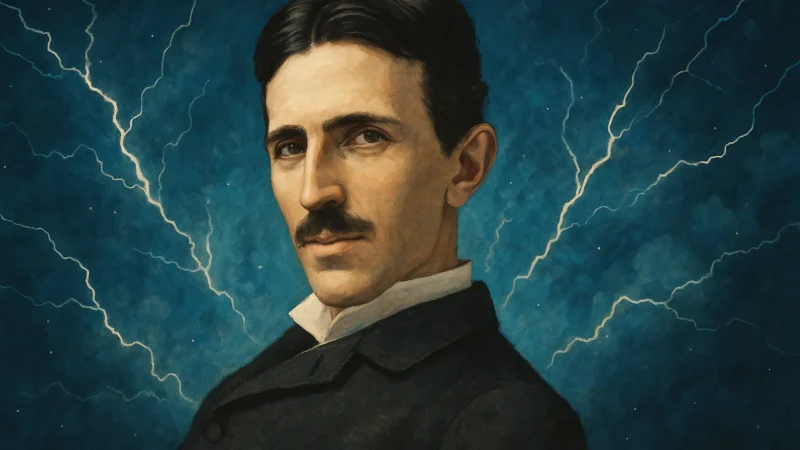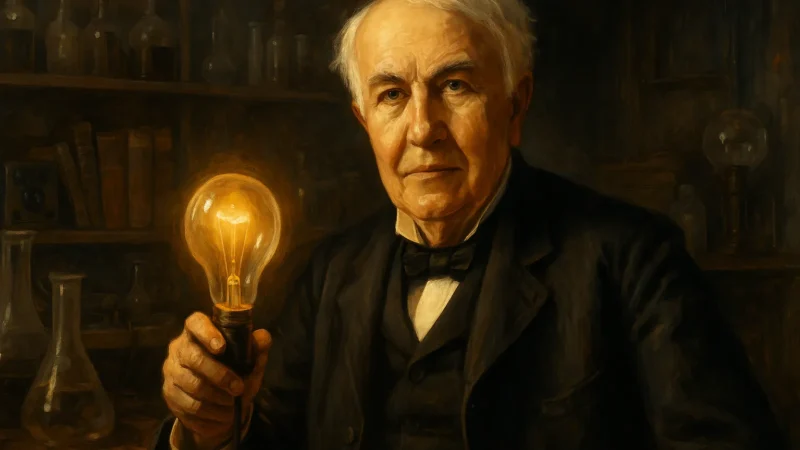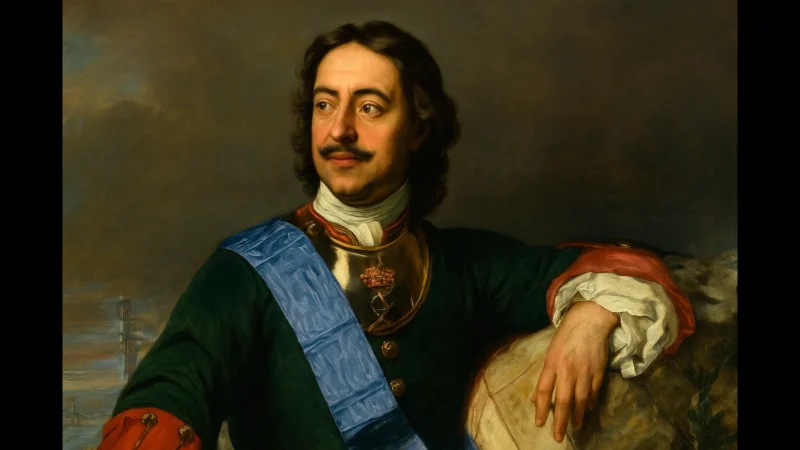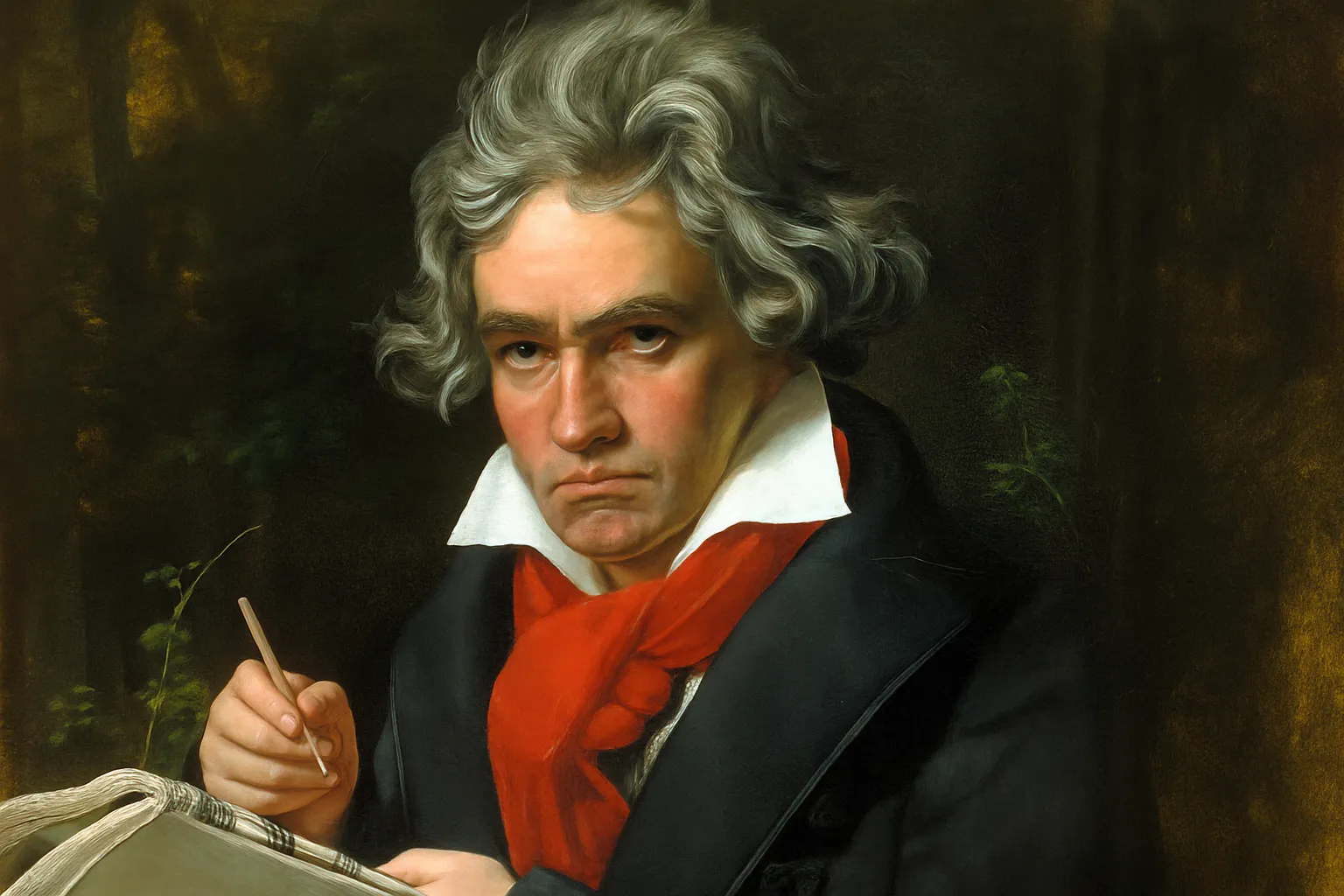Learn about the life and work of Johannes Gutenberg, the man who revolutionized the history of communication
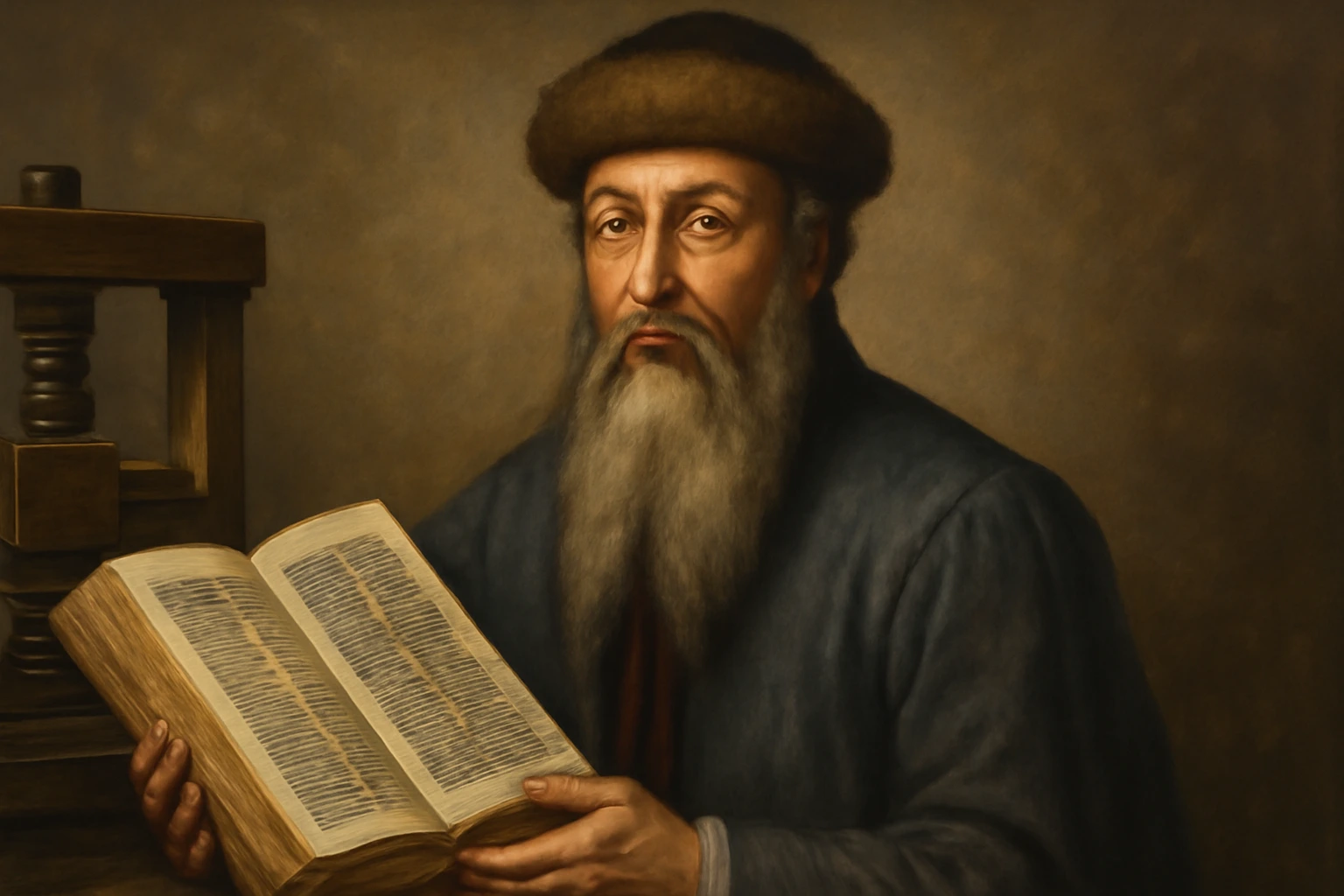
Johannes Gutenberg was born in Mainz, Germany, around 1400, and is one of the most important figures in history. His invention of the movable type printing press not only transformed book production, but also altered the structure of society as a whole. With the invention of the printing press, Gutenberg opened a new chapter in human history, facilitating the spread of knowledge and contributing to the rebirth of classical learning, the flourishing of the sciences, and the advancement of education.
He is often credited as the father of the modern printing press, and his invention is seen as one of the most important developments in human history, helping to form the basis for the Scientific Revolution and the Modern Age. Through his technology, Gutenberg changed the way books and other printed materials were produced, opening the doors to a more accessible world of knowledge, which transformed the society, politics, and religion of the time.
Gutenberg’s Early Life and Education
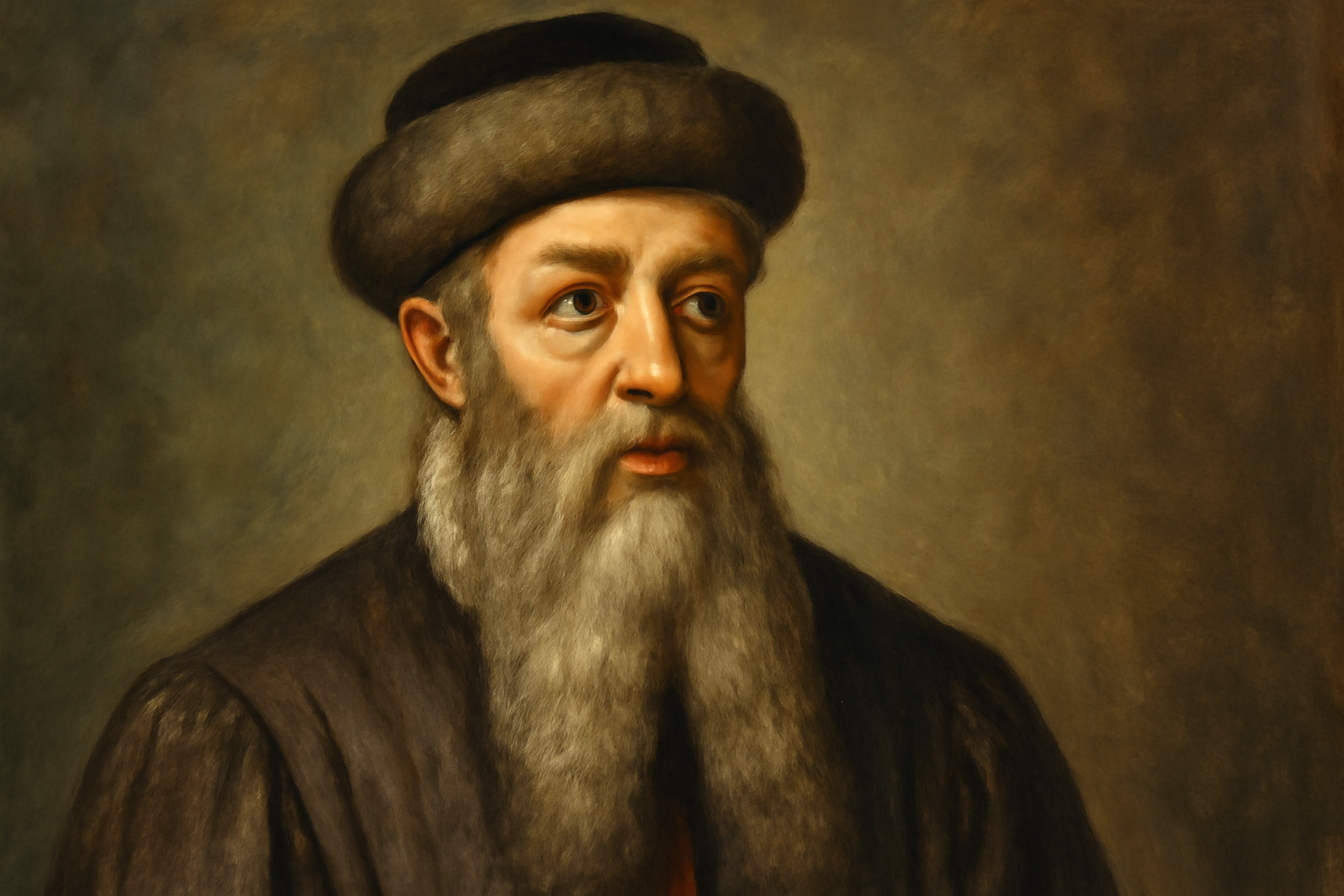
Johannes Gutenberg was born in Mainz, an important city in the Holy Roman Empire. Although the precise details of his birth and early years are uncertain, he is believed to have been born around 1400, possibly in 1397 or 1400. He came from a respected family in the city: his father, a merchant, was well known, and his mother, of modest origins, was also an important figure in Johannes’ life.
Gutenberg’s formal education took place in Mainz and possibly in other nearby cities, where he learned several languages and was introduced to the Renaissance culture that was beginning to emerge in Europe. His training in the arts and crafts was crucial to his later work as an inventor.
During his early years, Gutenberg lived in a city that was a commercial, religious, and cultural center on the Rhine River. In this context, Gutenberg’s early influences were medieval knowledge passed down through the church and a growing obsession with the technology of the time, which would later aid him in his research on printing.
The Invention of the Printing Press: A Radical Change

At some point in his life, Gutenberg moved to Strasbourg, where he lived between 1434 and 1444. It was in this city that he began working on the development of the movable type printing press. Before the printing press, books were copied by hand, a slow and expensive process that greatly limited the availability of texts.
Gutenberg was not the only one who tried to solve the problem of mass book production. However, his invention of a movable type press, combined with an oil-based ink that was much more effective than previous inks, was what set him apart. His technology allowed for the creation of faster and cheaper books, which resulted in the wider dissemination of knowledge.
Around 1440, Gutenberg invented a machine that allowed printing with movable metal type. This machine was similar to a wine press, but adapted for printing, and operated with a metal matrix and movable type. Unlike manual presses, which only produced one page at a time, movable type allowed letters and characters to be reused to make multiple copies of the same pages quickly and efficiently.
The Gutenberg Bible: A Historic Milestone
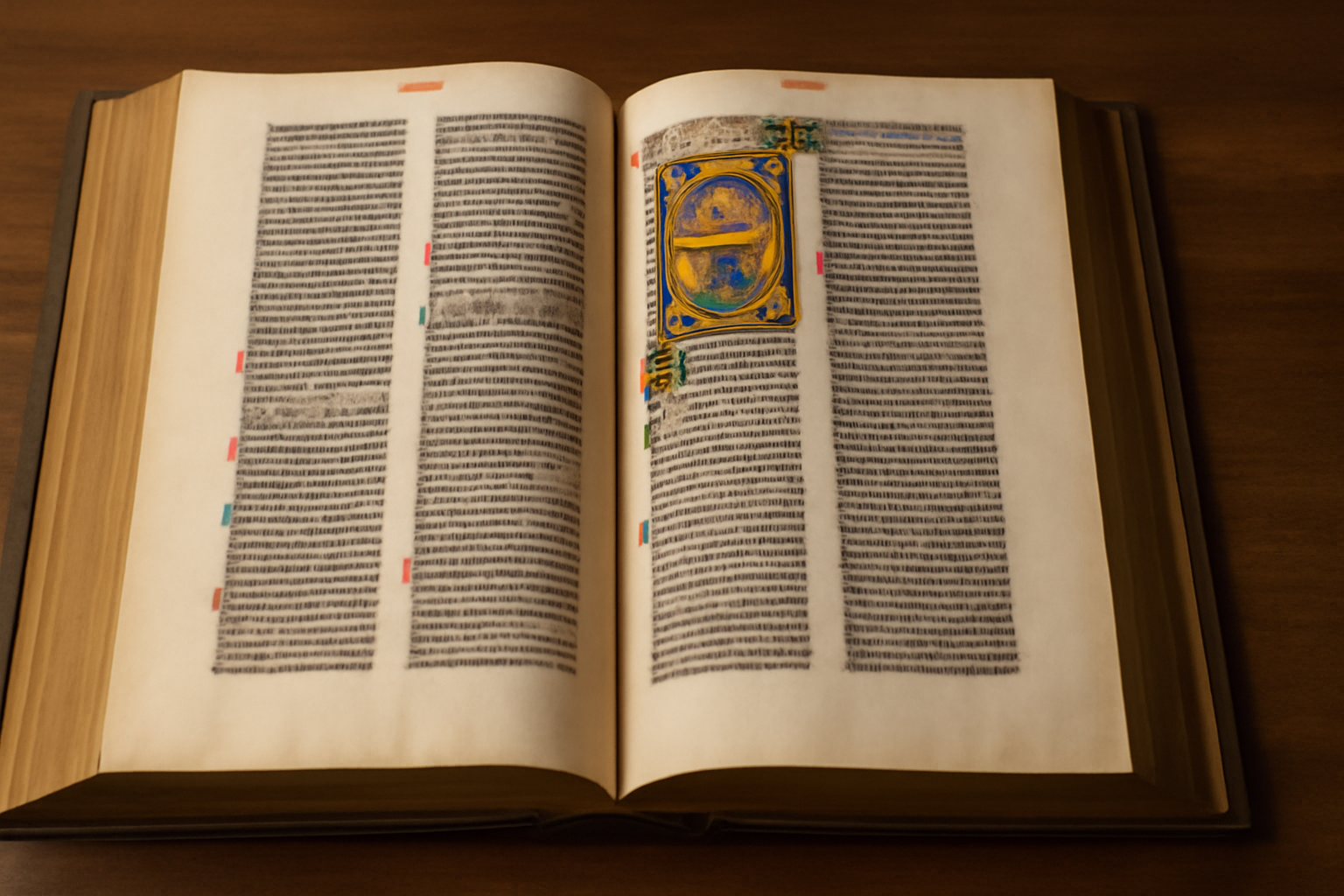
Gutenberg’s most important achievement was his work on the Gutenberg Bible, also known as the 42-line Bible, which was completed around 1455. The Gutenberg Bible was the first major work to be printed using movable metal type and oil-based ink, revolutionizing the way books were produced.
The Gutenberg Bible was a monumental book, not only because of its religious significance, but also because of its technical perfection. Its production involved printing 1,282 pages, which were completed in two volumes. The pages of the Gutenberg Bible are of exceptional quality, with beautiful engravings in their decoration. It was a work of great beauty and precision, with an impeccable design.
The impact of the Gutenberg Bible was immediate. The production of this work not only reduced the cost of books but also increased their availability. Copies of the Bible were distributed throughout Europe, allowing a greater number of people to have access to the sacred text. This had significant implications for Christianity, as it allowed religious texts to circulate in different languages outside the ecclesiastical domain.
Impact of the Printing Press on Society
Gutenberg’s invention of the printing press not only changed book production, but also altered the foundations of medieval society and the European Renaissance. By making books more accessible, the printing press allowed for a greater circulation of ideas. Philosophical, scientific, and literary works, which were previously limited to a closed circle of intellectuals and the church, were widely distributed.
The printing press facilitated the spread of the Protestant Reformation. Martin Luther and other reformers used the technological advances of the printing press to spread their ideas about religion. This allowed Protestant ideas to quickly reach various parts of Europe, disrupting the power structures of the Catholic Church and creating a profound change in the Christian religion.
In addition to the Reformation, the printing press was crucial to the Scientific Revolution. The ability to print scientific and mathematical books allowed the ideas of scientists such as Copernicus, Galileo, and Kepler to spread quickly and effectively. Without Gutenberg’s invention, scientific progress might have been much slower, as discoveries would have remained in the hands of a few.
The Last Stage of Gutenberg’s Life

Although the printing press changed the world, Gutenberg did not live to see the full impact of his invention. Throughout his life, he faced financial difficulties and legal disputes. Despite his successes, he was not wealthy; his printing press and inventions were the subject of controversy and litigation, especially with Johann Fust, his sponsor. Fust sued Gutenberg and took control of the printing press.
Gutenberg spent his last years in relative obscurity and died in 1468, probably in Mainz. He left no fortune, but his legacy lived on. Despite the difficulties, Gutenberg had achieved what few have: changing the way humanity communicates, shares knowledge, and transforms history.
The Legacy of Johannes Gutenberg
Johannes Gutenberg was an innovator whose invention of the printing press forever changed the history of humanity. The printing press not only allowed greater access to books, but also made it possible to spread new ideas, transforming thought, religion, and science in Europe. Through his machine, Gutenberg ushered in the transition from the Middle Ages to the Modern Age, creating the conditions for the great movements that would define the centuries to follow.
Gutenberg’s invention remains a milestone in human history, and his contribution to the development of education, science, and Western culture is unparalleled. In making this possible, he opened the doors to the modern world, and his legacy continues to be one of the foundations upon which contemporary societies are built.

